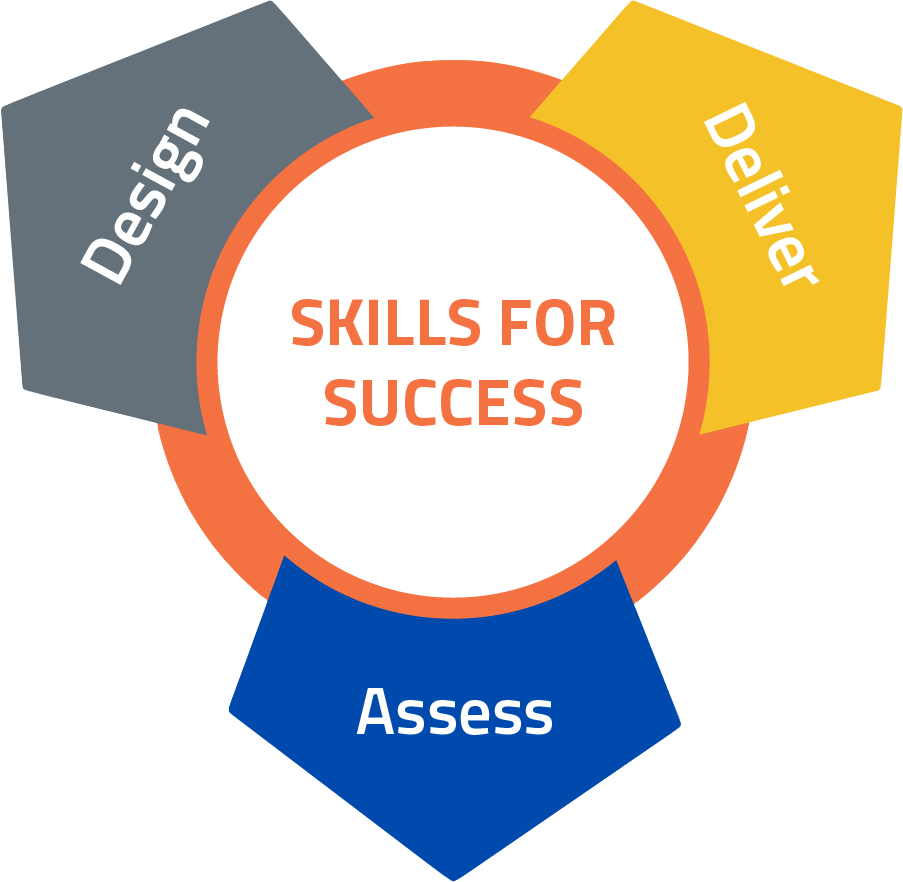Cognitive psychology focuses on the science of how people think. This branch of psychology explores a wide variety of mental processes, including attention, language use, memory, perception, problem solving, creativity and reasoning. Cognitive psychology can help identify effective instructional strategies, such as interleaving and spacing.
- The Learning to Learn Series. University of Arizona. https://academicaffairs.arizona.edu/l2l#l2l
- The Learning Scientists. https://www.learningscientists.org/
- Make It Stick: The Science of Learning. Book. https://makeitstick.net/
